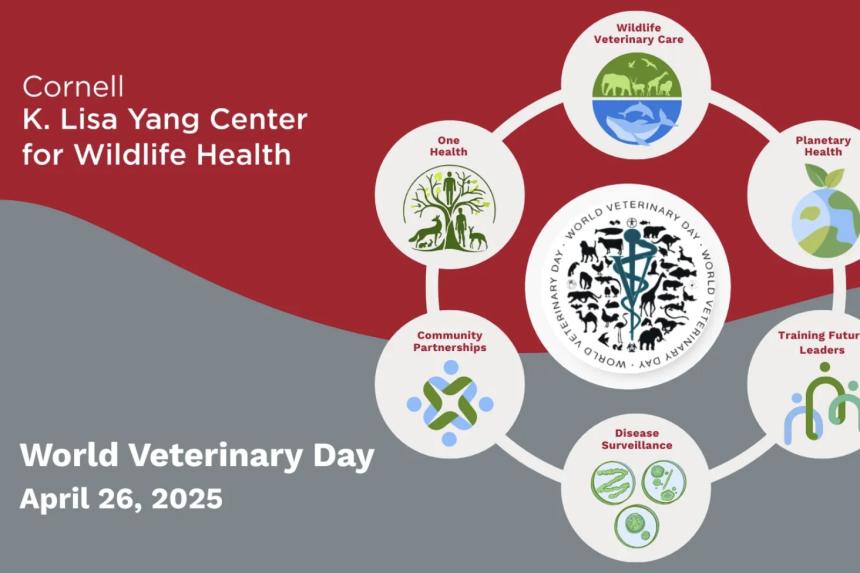In the News

February 03, 2026
Vast fences erected to protect cattle from catching diseases from wildlife and other livestock in southern Africa are in disrepair, restrict wildlife migrations, and likely intensify human-elephant conflict; removing key sections could help pastoralists and wildlife, our latest study suggests....

Podcast
November 06, 2025
Tune in to MSU's Extraordinary Vets podcast, featuring Dr. Steve Osofsky—wildlife veterinarian, conservationist, and One Health pioneer. You’ll enjoy a candid discussion about creative ways to navigate a career in wildlife conservation through a One Health lens!

Video
October 27, 2025
Dr. Steve Osofsky moderates a discussion on opportunities for addressing wildlife health, natural resources management, and related economic challenges at the Fall 2025 National Academy of Sciences Board on Animal Health Sciences, Conservation, and Research meeting.

Video
October 27, 2025
As a panelist at the Fall 2025 Meeting of the National Academy of Sciences Board on Animal Health Sciences, Conservation, and Research, Dr. Steve Osofsky discusses approaches to wildlife-compatible land use, environmental conservation as a cost-effective public health intervention, and more.

Podcast
October 16, 2025
Tune in to learn how Steve Osofsky, DVM '89, the Jay Hyman Professor of Wildlife Health & Health Policy and director of the Cornell K. Lisa Yang Center for Wildlife Health, helped establish the concepts of One Health, Planetary Health, and more....

July 03, 2025
A new paper by Dr. Steve Osofsky and team was recently selected for the Editor’s Choice honor by the journal CABI One Health. The selected publication discusses the AHEAD program’s work over the past two decades.

July 02, 2025
by
Margaret Swift
As dawn yawns and stretches over the African savanna, a line of cars waits impatiently at the wooden gate of Crocodile Bridge Rest Camp. I join the tail end in my tiny white rental car...

April 26, 2025
On World Veterinary Day this year, we are celebrating Cornell's wildlife and ecosystem health teams and their tireless efforts to build a healthier future for wildlife, people, and planet.

April 21, 2025
A new paper in the journal CABI One Health captures a pioneering One Health effort that reinforces the reality that meaningful policy change across sectors often takes significant time and patience.

Blog
January 25, 2025
Dr. Steve Osofsky, director of the Cornell K. Lisa Yang Center for Wildlife Health, reflects on a transformative year, and looks forward to leading the way in shaping how the center can help tilt the scales back toward the type of environmental stewardship we ourselves need to survive as a species.
